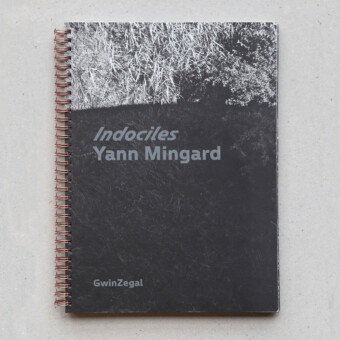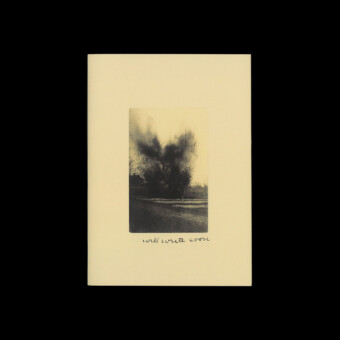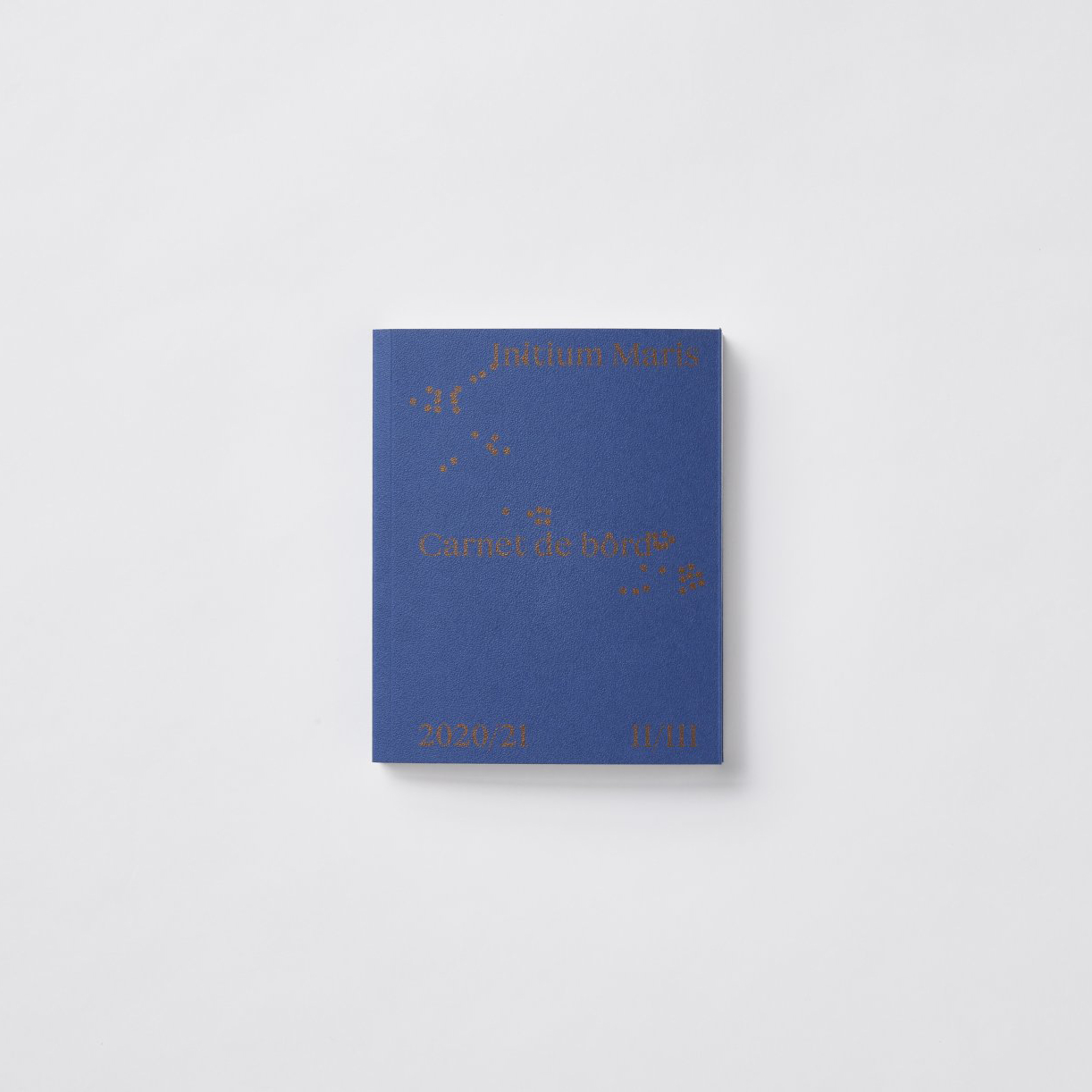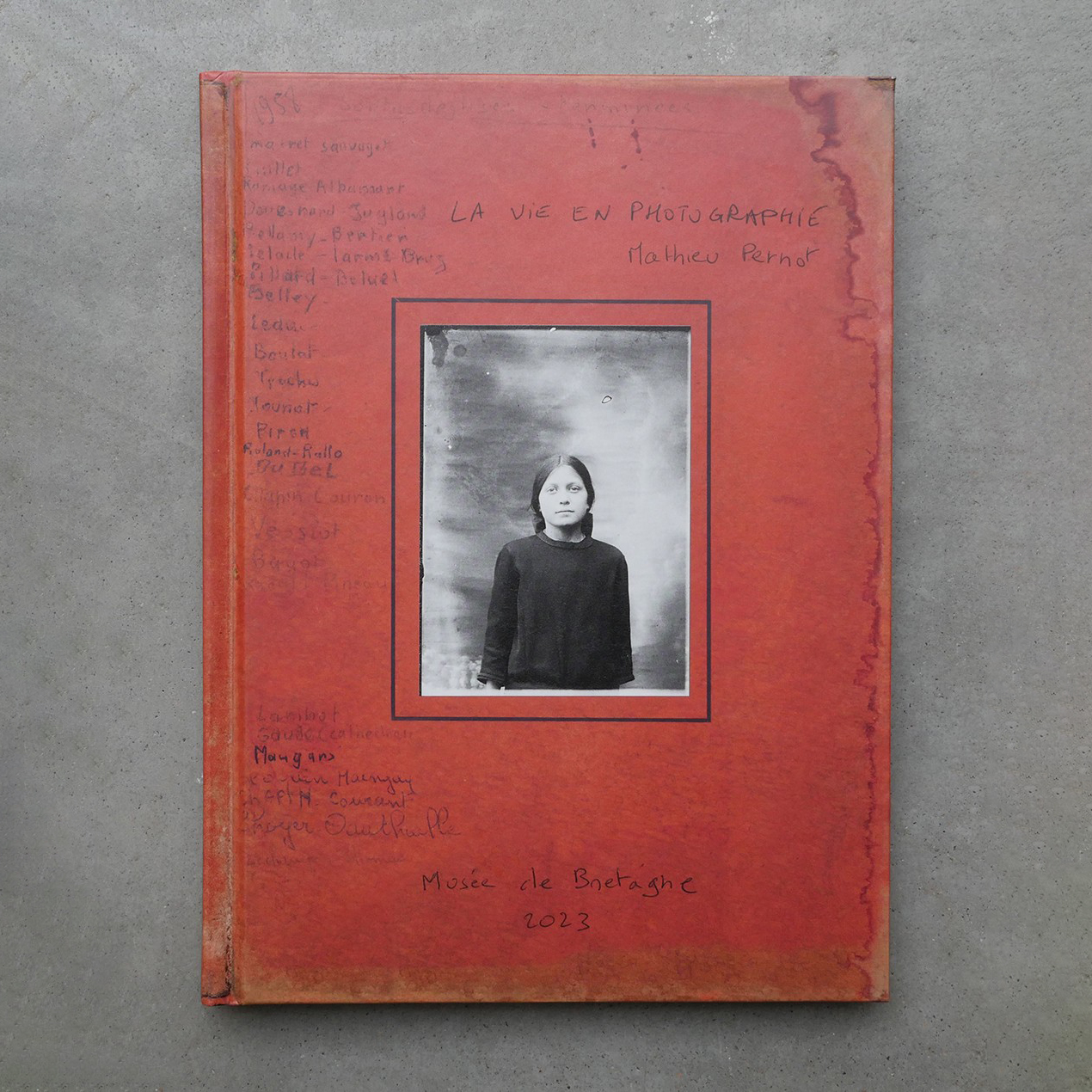Yann Mingard
Indociles
30,00€
In stock
In stock
Indociles – In a cleft, between two stones, next to a freeway rail, in the shade of a rubbish dump or lamppost, in a forest corner, it rises upwards, where others would like to lie down and wither in silence. Without excessive pomp, it grows hastily, its roots working downwards, its stem reaching for the light. She lives at the junctiona of two worlds. She doesn’t care that she’s not wanted, she pushes, not without intention, but without apparent awareness. Its way of being in the world is to resist, to be there, governed as we are by laws that transcend us and from which no living being can be exempt. In keeping with Darwinian intuition, it adapts, perhaps better than others, and its very existence depends on it. The rhetoric used to describe it is negative, invasive, exotic or bad – but who are we to call it that? The nomenclature, too, is imaginative: tree of the gods, devil’s grass, angel’s trumpet, fly’s clover, ragweed. “Yann Mingard, whose photographic research is rooted in the Anthropocene and its representations, observes them with a more obliging eye and gives them a different state of consciousness: they are indocilent, travelers. In the end, they’re no more exotic or indigenous than others – oak trees or tomatoes, before becoming icons of a European identity, also crossed oceans and borders, carried by birds, wind or people.
While some consider these plants to be one of the main causes of the collapse of biodiversity, they are unique in that they thrive in soils polluted by heavy metals, and are able to assimilate large quantities of arsenic, barium, chromium and cadmium, all sediments of the fruits of capitalism, industrial modernity and human activity. They survive where others die. Where modernity consumes oxygen, plants produce it – breath – and to the idea that nature is something original and static, they oppose their resilience. Nature is not of the preliminary order: natura means “that which is going to be generated”, and even its etymology carries the force of a becoming that is being written. Strange dichotomy: from the metals we use to make ammunition, electronic circuits and servers, plants synthesize the oxygen necessary for life. Beyond the anxiety conveyed by this herbarium and these depigmented landscapes, made of the dense fabric of the rustling matter of the undergrowth, Yann Mingard refuses the temptation of desolation and views the world in the manner of an archaeologist, through the traces and scars inscribed on the landscape, which refers us as much to the dislocation of a cannibalistic humanity as to the possibility of a future that reinvents itself.
Texts by Urs Stahel and Jérôme Sother
you may also like
out of stock
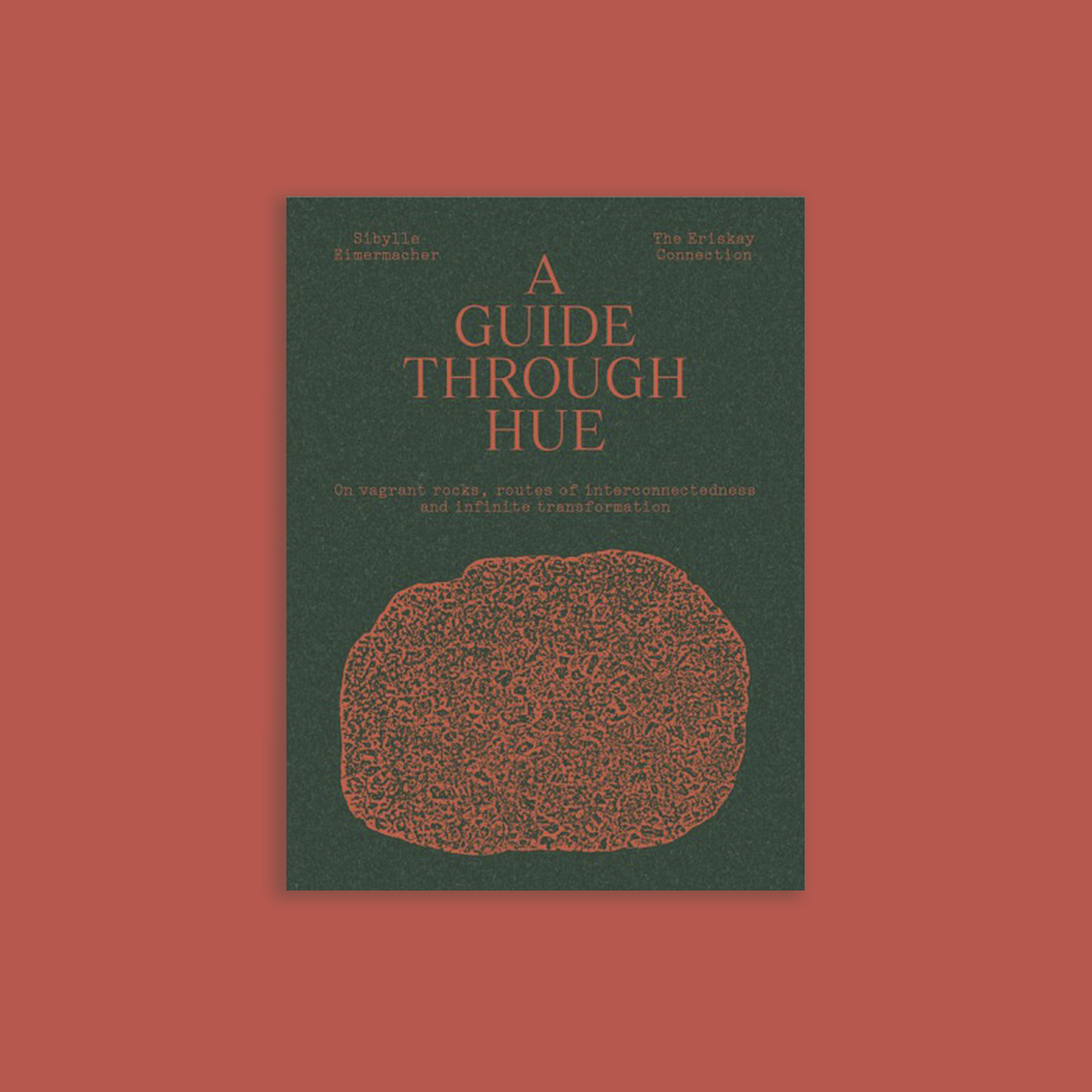
A Guide Through Hue
out of stock
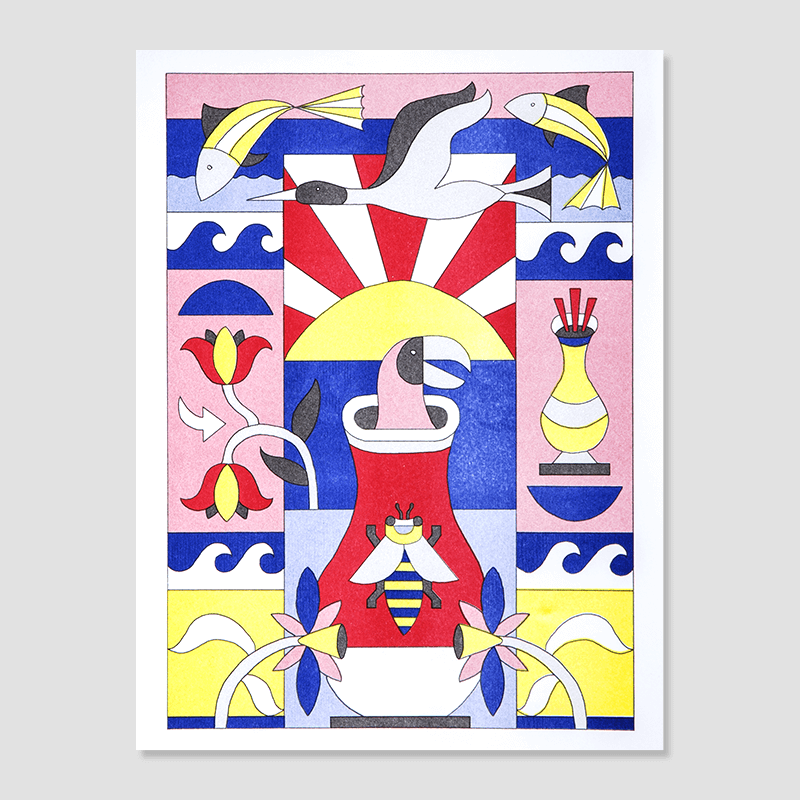
Impression de Printemps
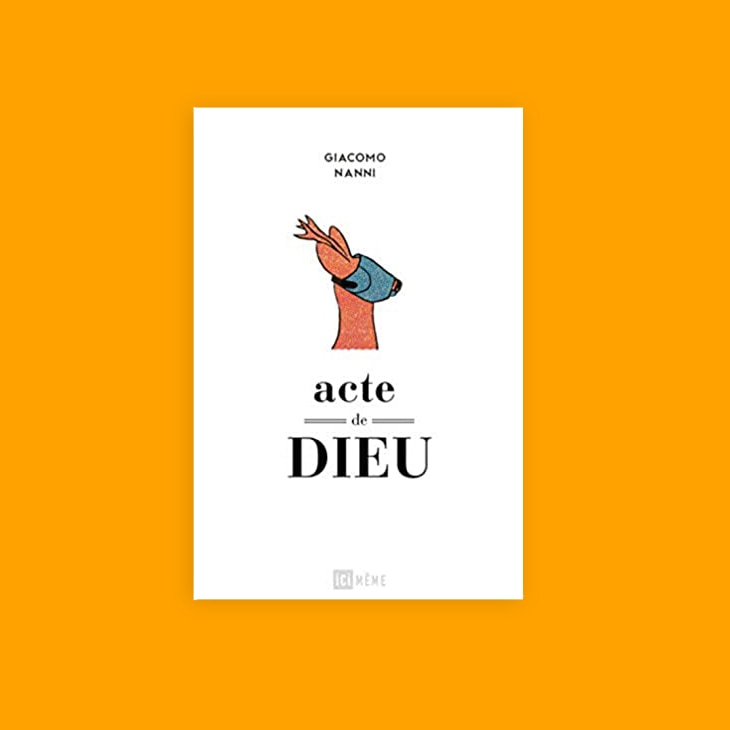
Acte de dieu
out of stock
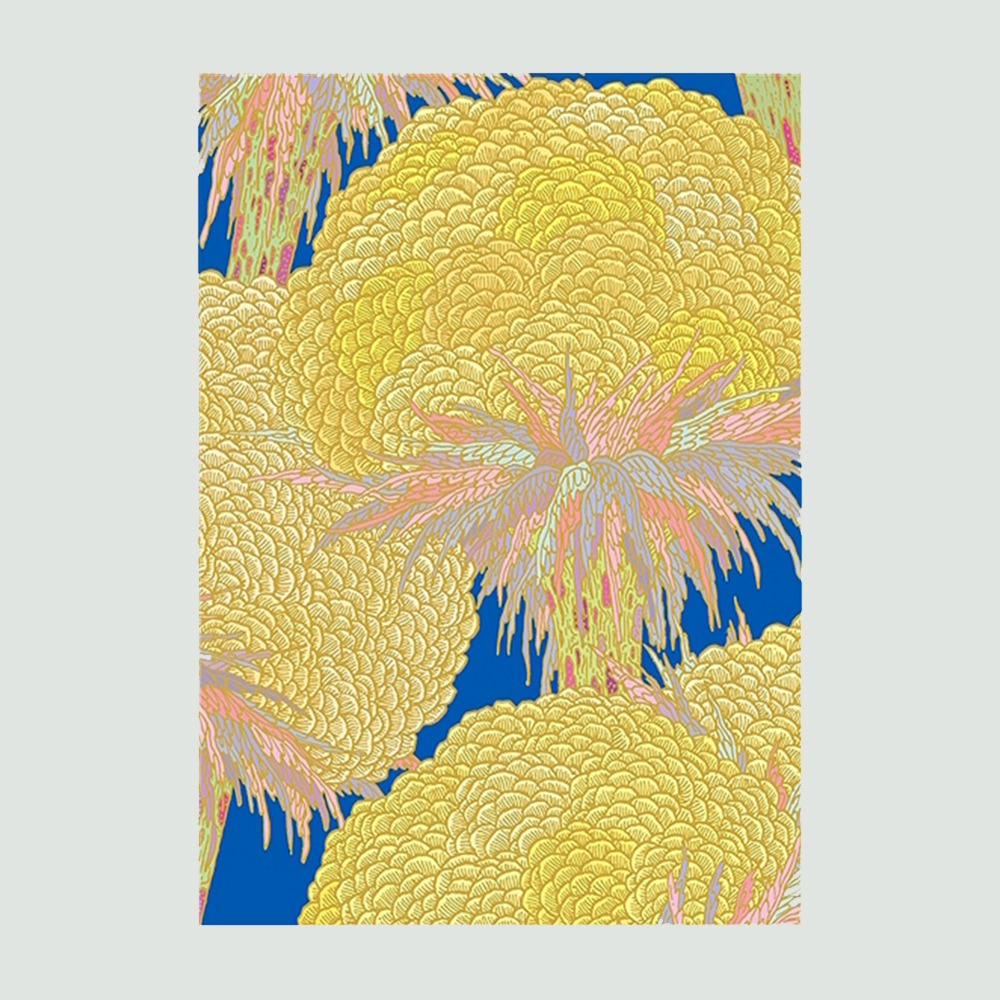
Les Succulentes
